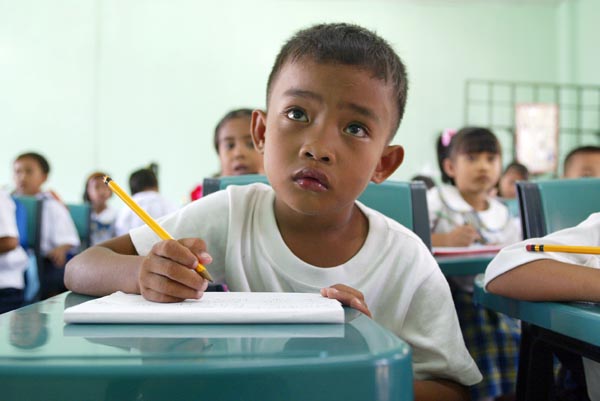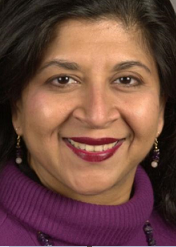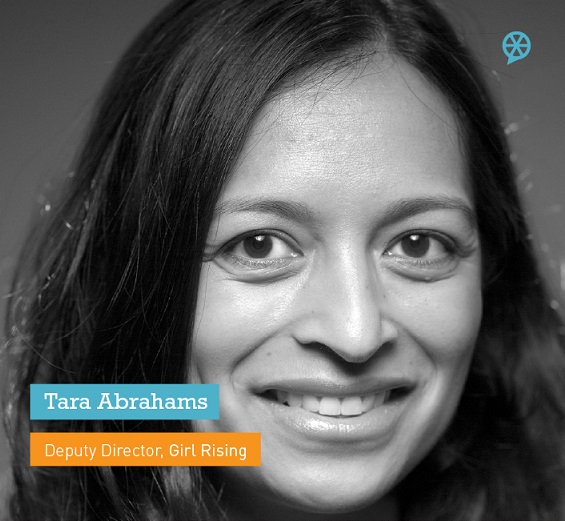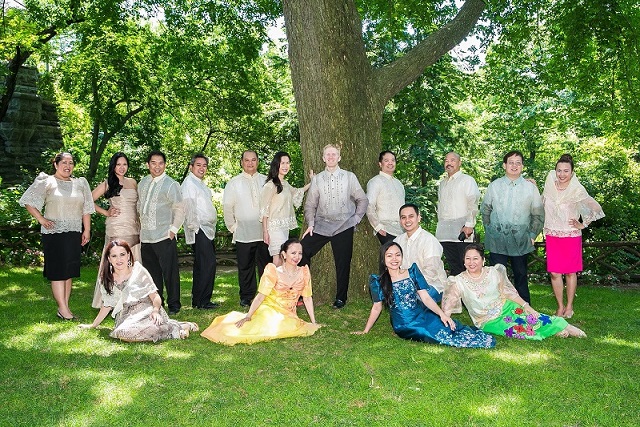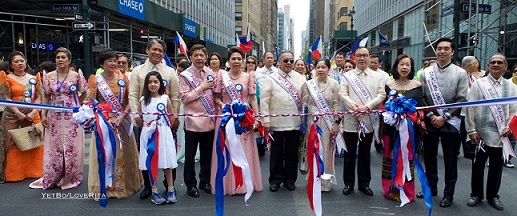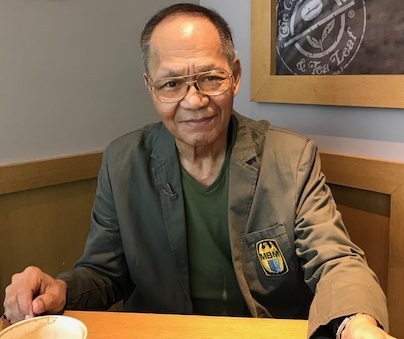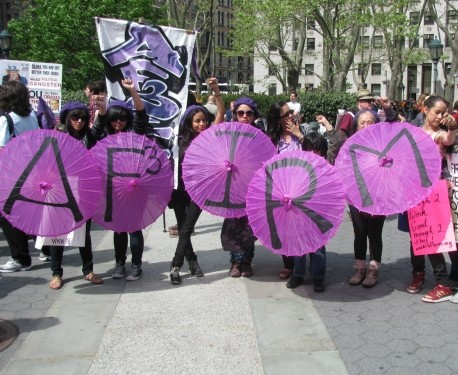• Course in women’s activism opens in August • Filipinos in N.Y. now at 104K; in N. J. 110K
The Association of Filipinas, Feminists Fighting Imperialism, Re-feudalization, and Marginalization (AF3IRM NY/NJ) is offering an educational and transformative space for women interested in exploring and activating the intersections of their personal and political identities.
For four consecutive Saturdays in August, the Summer School of Women’s Activism will offer a unique course on women’s history, method of analysis, and program-building for transnational women in the age of globalization.
The first session on August 6, from noon to 3 pm, will be followed by three consecutive Saturday sessions. Classes will be held at the New York State Youth Leadership Council at 220 Fifth Avenue, Fifth Floor, near 26th Street.
The basic course spans such topics as a historical survey of the women’s movement in Asia, Africa, Latin America and the U.S. to the specifics of women’s class oppression to feminist activism for transnational populations. The proposed class subjects include: Global Trends & Intersectionalities; Globalization & Imperialism; Women’s Class Oppression; and Feminism for Transnational Women.
The course is meant to create a continuing discourse on the similarities/differences of women of disparate origins, moving towards the creation of a theory for the women’s movement in this era when women of color are rapidly becoming the majority population in the U.S. Participants in the program can expect to be fully engaged, empowered, and enlightened – all previous perspectives and ideas will be challenged and redefined.
Class size is limited so those interested are urged to contact nynj@af3irm.org or call 212-726-2254 as soon as possible to reserve their space. Registration is available online through EventBrite. A tuition fee of $45.00 for all four sessions includes a light lunch at the beginning of each session and a copy of the workbook/reader.
The Summer School of Women’s Activism is created by AF3IRM NY/NJ and co-sponsored by the New York State Youth Leadership Council, Mariposa Alliance, and Chapinas Unidas.
~~~~~~~~~~~~~~~
The 2010 U.S. Census figures indicate that there are 2,555,923 Filipinos in the United States today, a 38 percent increase from the 1.8 million counted 10 years ago.
The most number is in California, where 1,195,580 Filipinos constitute 3.2 percent of the state’s population. Hawaii comes second with 197,497, followed by Illinois, 114,724; New Jersey, 110,650; New York, 104,287; Texas, 103,074; Nevada, 98,351; Washington, 91,367; Florida, 90,223; Virginia, 66,963; Maryland, 43,923; and Arizona, 35,013.
These figures, however, only represent counts of “Filipino Alone” responses to the 2010 census survey. Based on Census 2000 and 2008 Population Estimates, it is projected that the total will increase by 20 per cent when the count for “Mixed-Race Filipinos” is added by the end of the summer. If these estimates hold, the total number could top 3.5 million.
Filipinos in Nevada continue to have the highest rate of growth nationwide. Their numbers jumped from 12,048 in 1990 to 40,529 in 2000 – a dramatic increase of 236 percent – more than doubling again in 2010 with 98,351, an increase of 142 percent. Next to Filipinos in Hawaii who constitute 14.5 percent of the total state population, Nevada’s Filipinos comprise 3.6 percent – enough to swing a close election.
The 2010 census also points to significant growth of Filipino communities in Arizona with a 116 percent rise, followed by North Carolina, 94 percent; Wyoming, 91 percent; Idaho, 87 percent; Alabama, 82 percent; New Hampshire, 81 percent; Utah, 80 percent; Texas, 77 percent; and New Mexico, 72 percent.
“This is great news but our numbers alone won’t count unless we translate them into political power,” says NaFFAA National Chairman Eduardo Navarra. “This means we have to register to vote and take time to actually go out and cast our ballots in local and national elections. This is the only effective way we can be heard and taken seriously by our elected representatives when we advocate for those issues that are critical to our community.”
Adds Merit Salud, NaFFAA’s national coordinator for FilVote: “While we have a high rate of naturalization and voter registration, our voting rate is embarrassingly low. We cannot continue to be invisible. We must assert our political presence in this country by stepping up our civic participation in all aspects of American life.”
FilVote plans to launch a massive voter registration and get-out-the-vote campaign in preparation for the 2012 national elections.



